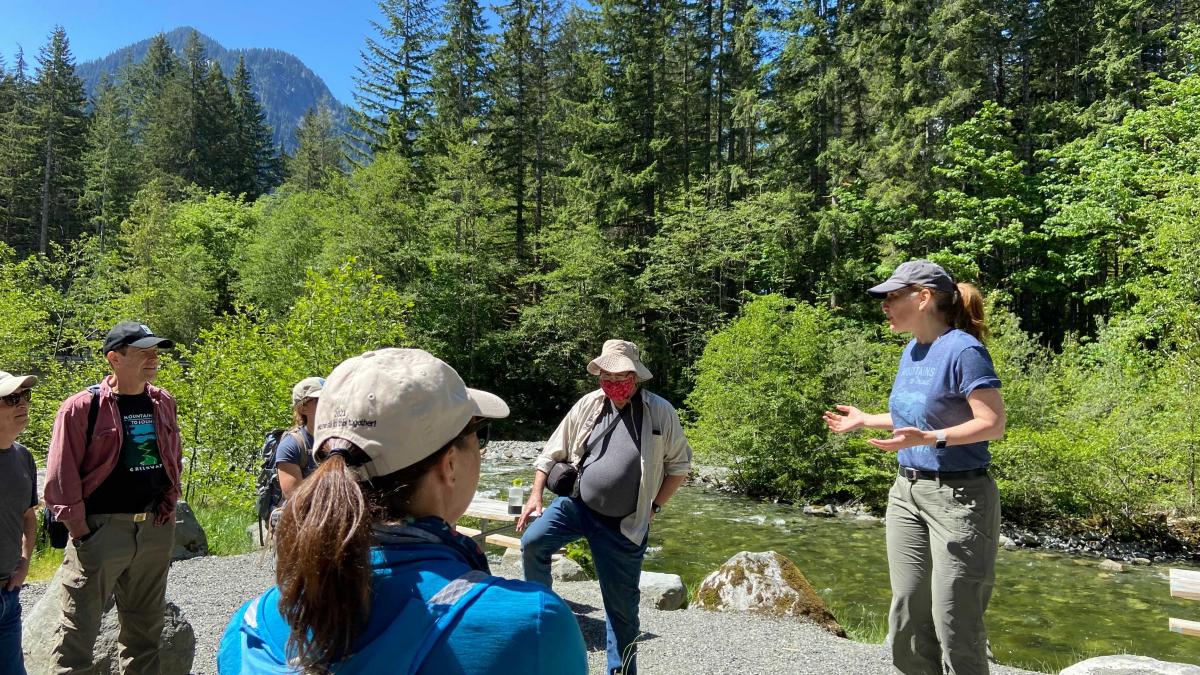House Natural Resources Committee Holds Hearing on Rep. Schrier’s Bipartisan Legacy Roads and Trails Bill

ISSAQUAH, WA – The House Natural Resources Committee held a hearing on Congresswoman Kim Schrier, M.D. (WA-08)'s Legacy Roads and Trails Act yesterday. Rep. Schrier testified in support of the legislation. On Earth Day this year, Rep. Schrier introduced this legislation with U.S. Representatives Mike Simpson (ID-02), Derek Kilmer (WA-06) and Joe Neguse (CO-02). Rep. Schrier's remarks can be found here.
"I'm honored that the House Natural Resources Committee held a hearing on my bipartisan Legacy Roads and Trails Act," said Rep. Schrier. "In Washington state, this program has been particularly impactful while facilitating hundreds of culvert repairs for fish passage- including salmon. Headwaters located in national forests are critical to salmon populations downstream. Chronic underfunding has left a long backlog of projects and I'm proud to present this solution. As we face the increasing threat of climate change and the need to improve our nation's crumbling infrastructure, we must ensure programs like Legacy Roads and Trails are part of the dialogue."
The House Natural Resources Committee's hearing was about legislation related to public lands and National Parks and Forests. Chris Wood, CEO of Trout Unlimited, also testified in support of Rep. Schrier's bill.
Legacy Roads and Trails (LRT) projects include repairing roads and trails used for public access, replacing failed or undersized culverts to reconnect fish habitat, and storm proofing or reclaiming roads to prevent sediment pollution from entering waterways important for salmon, trout, and drinking water. Few programs deliver such environmental, recreational, and economic benefits.
The Legacy Roads and Trails Act authorizes the Legacy Roads and Trails Remediation Program through 2030 and requires the Forest Service to develop a national strategy to carry out the program. Specifically, this bill would:
- Carry out critical deferred maintenance, urgent repairs, road and trail relocation, and associated activities on National Forest System roads, trails, and bridges
- Restore passages of fish and other aquatic species by removing or replacing unnatural barriers
- Decommission unneeded roads or convert them into National Forest System trails
- Prioritize projects that protect or restore
- water quality and watershed function;
- a watershed that supplies a public drinking water system; or
- the habitat of a threatened, endangered, or sensitive fish or wildlife species.